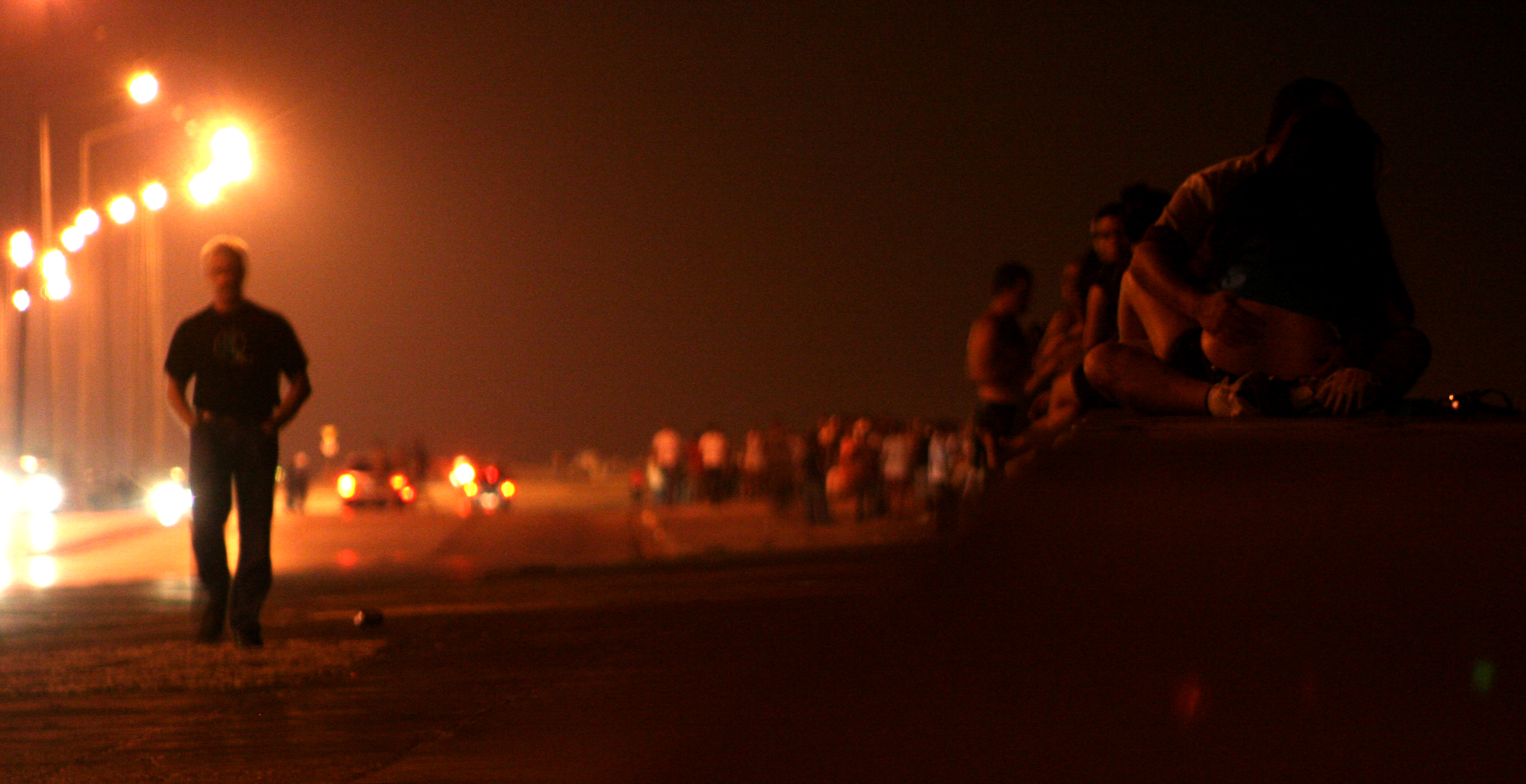
Prostitution is the performance of sexual acts for profit. In legal terms, the word prostitute refers only to the person who participates in an economic transaction based on sex, usually in exchange for an agreed upon amount of remuneration.
In Cuba, prostitution has always generated an internal debate that has resisted going beyond public policies. Already it has come to be believed that the government is responsible for the fact that many tourists come to Cuba seeking sex, since Cuban women is thought to be the cheapest woman in the world. The government in Havana has never recognized prostitution as a serious problem, argues that it is a voluntary occupation and has even always rejected the notion that the island is viewed as a sexual paradise. Furthermore, it maintains the idea that prostitution has no structural causes here since, all of these were eliminated after the triumph of the revolution. At the beginning of the 70s, the country suffered a serious economic crisis and under such circumstances some centers of prostitution resurfaced accompanied by a parallel phenomenon, pimping. Prostitution spread with the massive influx of tourists, because young women and girls took up prostitution as their business due to the economic needs of the island. Taking into consideration what this activity entails, it is not referred to within Cuban laws as a crime. But given that pimping and human trafficking are activities that are closely linked if they are punishable by law, and, in the case of prostitution, the criminal charge that is applied is of dangerous conditions and not the act of prostitution. Under this assumption prostitution is addressed in the criminal code as antisocial behavior, a situation that goes back to the doctrine of social dangerousness widely disregarded by law scholars. These people can be assured that they will be given a sentence of internment of 1 to 4 years through pre-criminal measures. However, these behaviors should not be criminalized or associated with criminal justice. On the contrary, the central axis of change consists in dealing with them as far from the criminal justice system as possible.
Pimping and human trafficking were established in the Cuban Criminal Code in article 302.1-5 of Law No. 62. For these purposes, anyone who uses prostitution for profit is considered a pimp, which includes everyone who induces, cooperates with prostitution or carnal commerce, as well as those who manage or have an establishment or premises dedicated to that exercise. The punishment can be 4 to 10 years in prison, but it can potentially be raised to more than 20 years, if those who carry out this activity have positions that are meant to protect health, public order, education, tourism, youth or the fight against prostitution, or if threats, blackmailing, coercion or abuse of authority are involved, or if the victim is incapacitated and under the care of the guilty party.
Every society marked by prostitution creates its own justification for not having to face it, so the Cuban government denies at all costs that prostitution even exists in this country. As a result, it is not addressed by Cuban laws to make sure that Cuba’s image is not tarnished on the international level, which also means that it does not have to take part in international organizations on the subject since it is an issue that affects many countries. And, of course, once again the government can brag that this does not happen on the island.

Leave a comment